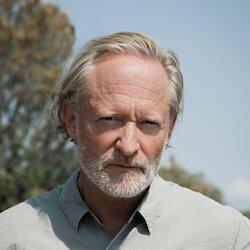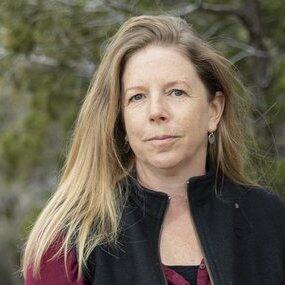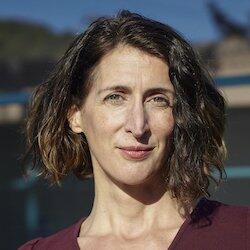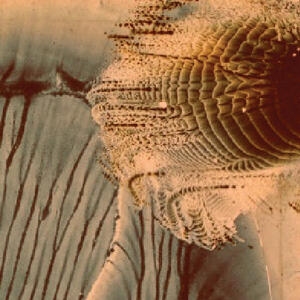- About the Tutorial:
The materials contained within this tutorial were developed for the Complexity-GAINs program, a two-week summer school aimed at gaining understanding and skill in applying the approaches of complex systems science, as pioneered at the Santa Fe Institute, to questions across a range of disciplines. They are intended as curricular resources and guides to aid those interested in developing similar programs; they are not a stand-alone course.
Complexity-GAINs comprises three independent thrematic curricula, which will be released in the years indicated:
- social-behavioral systems (2023)
- intelligent systems (2024)
- ecosystems (2025)
The Complexity-GAINs program is aimed at PhD students with backgrounds in the physical, natural and social sciences and mathematics. The goal of the summer school is to provide students with broadly applicable tools to recognize and define the universal properties of all complex systems. Students gain foundational knowledge and practice in modeling complex systems of interest using approaches from physics, computer science, biology, social sciences and mathematics. Complexity-GAINs prioritizes international, interdisciplinary collaboration and learning: half of the pariticpants are US students and half are non-US students, including participants from the EU-UK institutions partnering on this project.
"GAINs" comprises the first letters of the countries of the primary partnering institutions: Germany, Austria, Italy, and the Netherlands.
This program is made possible through the support of the National Science Foundation under Grant No. 2106013 (PI Krakauer), IRES Track II: Complexity advanced studies institute - Germany, Austria, Italy, Netherlands (Complexity-GAINs). Any opinions, findings, and conclusions or recommendations expressed in this material are those of the investigator(s) and do not necessarily reflect the views of the National Science Foundation.
- About the Instructor(s):

§ David Krakauer, President and William H. Miller Professor of Complex Systems at the Santa Fe Institute. David's research explores the evolution of intelligence and stupidity on Earth. This includes studying the evolution of genetic, neural, linguistic, social, and cultural mechanisms supporting memory and information processing, and exploring their shared properties.
 ∞ Jennifer Dunne, Vice President for Science and Professor at the Santa Fe Institute. Jennifer's research interests are in analysis, modeling, and theory related to the organization, dynamics, and function of ecosystems, with a particular focus on food webs. Her work aims to identify fundamental patterns and principles of ecological network structure and dynamics at multiple spatial and temporal scales.
∞ Jennifer Dunne, Vice President for Science and Professor at the Santa Fe Institute. Jennifer's research interests are in analysis, modeling, and theory related to the organization, dynamics, and function of ecosystems, with a particular focus on food webs. Her work aims to identify fundamental patterns and principles of ecological network structure and dynamics at multiple spatial and temporal scales. § Mirta Galesic, Professor at the Santa Fe Institute and Resident Faculty at the Complexity Science Hub in Vienna (AT). Mirta studies how simple cognitive mechanisms interact with properties of the external environment to produce seemingly complex social phenomena. Her projects focus on developing empirically grounded computational models of social judgments, social learning, collective problem solving, and opinion dynamics.
§ Mirta Galesic, Professor at the Santa Fe Institute and Resident Faculty at the Complexity Science Hub in Vienna (AT). Mirta studies how simple cognitive mechanisms interact with properties of the external environment to produce seemingly complex social phenomena. Her projects focus on developing empirically grounded computational models of social judgments, social learning, collective problem solving, and opinion dynamics. § photos by Kate Joyce | ∞ photo by Gabriella Marks
- Tutorial Team:
See individual Complexity-GAINs themes for detailed faculty listings.
- How to use Complexity Explorer:
- How to use Complexity Explorer
- Enrolled students:
-
50
- Prerequisites:
- Like this tutorial?
- Donate to help fund more like it
- Twitter link
Syllabus
- INTRODUCTION TO COMPLEXITY-GAINS
- SOCIO-BEHAVIORAL SYSTEMS
- INTELLIGENT SYSTEMS
- ECOSYSTEMS
